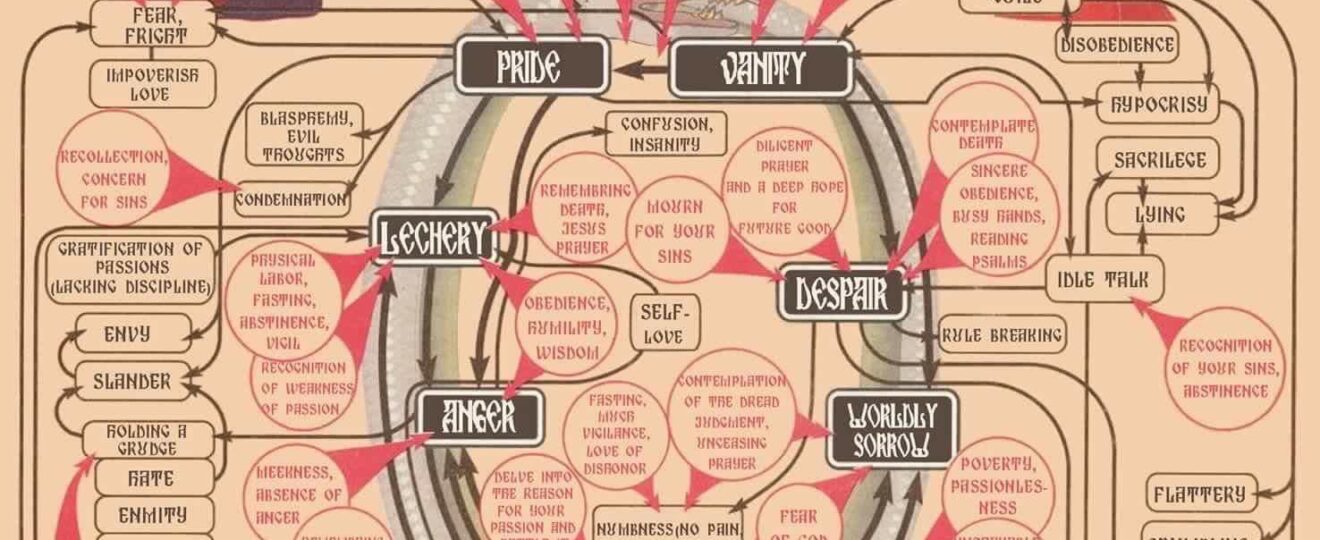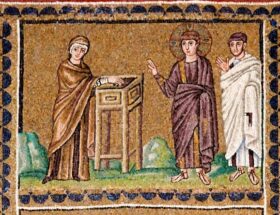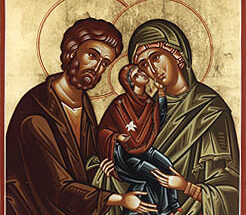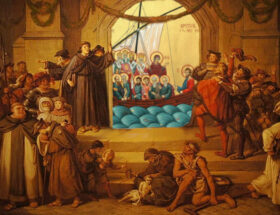Provocation (First Thought):
Passion begins with a suggestion or thought that catches our attention. This idea or image can come from our surroundings, memory, or imagination. At this stage, it is unintentional and beyond our control, so it’s considered “innocent.” It doesn’t become a problem unless we choose to dwell on it or allow it to linger.
Conjunction (Engagement):
If we don’t dismiss the thought immediately, our emotions react to it—either with attraction or rejection. If we entertain the thought, it starts to grow, consuming our focus and creating vivid fantasies. This engagement gives the thought more power. To break free at this stage, we must consciously redirect our attention and resist entertaining the thought further.
Joining (Consent):
If we fail to reject the thought, our will begins to align with it. At this point, we start agreeing with the thought and planning how to act on it. This is the stage where the thought evolves into intentional sin in the mind, even if it hasn’t yet become a physical action. The decision to satisfy the desire is essentially made.
Struggle (Conflict):
Sometimes, even after deciding to act, there may still be an internal conflict between our desire and our better judgment. This struggle shows that the habit of giving in to passion hasn’t yet fully taken root.
Habit (Pattern):
When sinful thoughts and actions are repeated often enough, they become habits. This creates a deep pattern in our character, making it much harder to resist similar temptations in the future.
Captivity (Complete Domination):
In the final stage, the passion takes full control. The will no longer resists but is entirely dominated by the desire. At this point, the person becomes “captive” to the passion, losing control and surrendering to it completely.
How to Resist:
Stopping passion at the very beginning, at the stage of the first thought, is the best approach to overcome it. We can stop these first impulses from taking hold by practicing prayer, mindful opposition, and avoiding distractions. It is considerably more difficult to stop the path to passion and action once the concept has been entertained. Saints and spiritual leaders stress how crucial it is to stop thinking such things right away in order to preserve inner calm and self-control. Changing our mindset in a positive and more productive way of thinking will allow us to remain open to our Father’s grace.
Our spiritual journey as Orthodox Christians encourages us to acknowledge and reject sin in efforts to break free from the passions that enslave our soul. Since it enables us to face our shortcomings and rely on God’s grace for healing and transformation, admitting our sin is essential. It’s also important to keep in mind that this is about developing humility and love, both for God and of other people, rather than gaining moral perfection in and of itself.
Something that I have learned is that when we focus too much on avoiding sin, there is a danger of becoming prideful, thinking we are spiritually superior to others, or harshly judging those around us, including the ones we love. This pride not only takes away our spiritual progress but can also harm our relationships and create division where there should be unity and compassion. I saw this in practice within my own family this very week. God grants us these opportunities to act upon the teachings laid out in the gospels. True freedom from sin involves humility, recognizing that we are all sinners in need of God’s mercy, and extending that same mercy to others.
In our efforts to guard our souls, we must remain grounded in love. St. Paul reminds us in 1 Corinthians 13:1 that even the most virtuous actions are meaningless without love. Avoiding sin is not about rigidly following rules for personal gain, but about becoming more Christlike—gentle, patient, and forgiving. We must gently lead others by example, not through condemnation, and remember that our pursuit of holiness should strengthen our relationships, not damage them. By combining a commitment to virtue with humility and love, we honor both God and the people He has placed in our lives.
Sources:
Ephraim the Syrian. On the Stages of Sin.
John Climacus. The Ladder of Divine Ascent.
Nilus of Sinai. Teachings on Prayer and Spiritual Vigilance.
Hesychios of Jerusalem. Discourse on Watchfulness and Prayer.
http://orthodoxinfo.com/praxis/struggle.aspx









